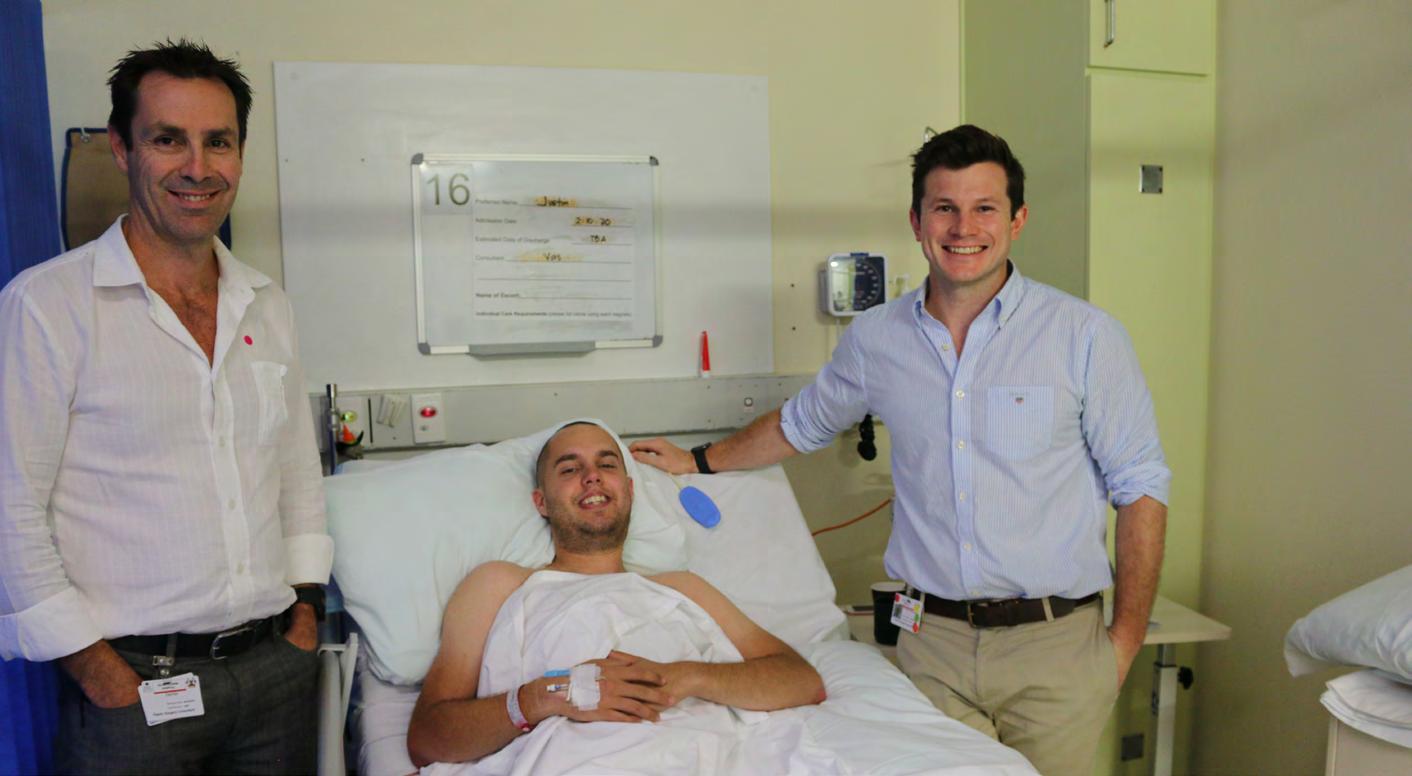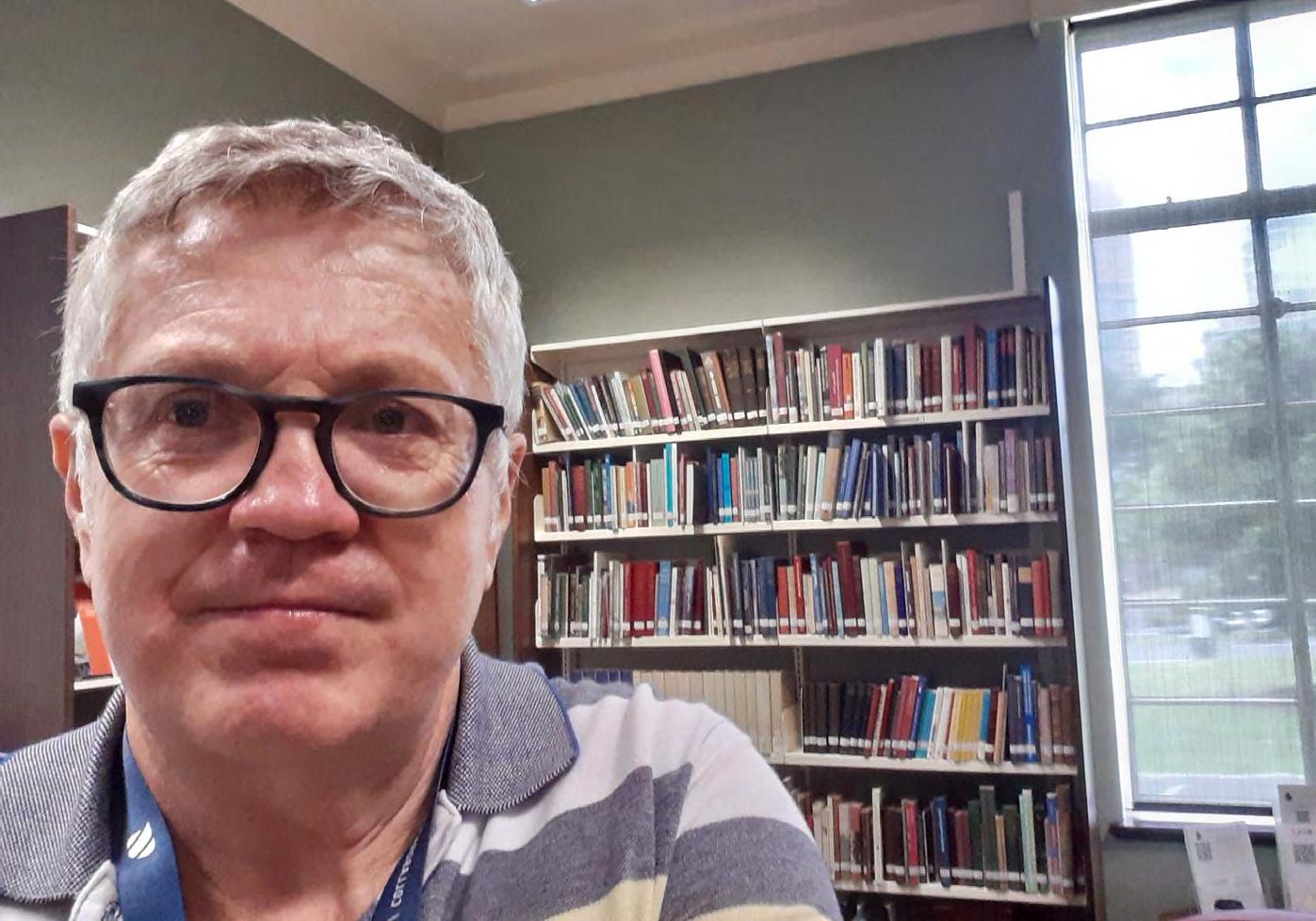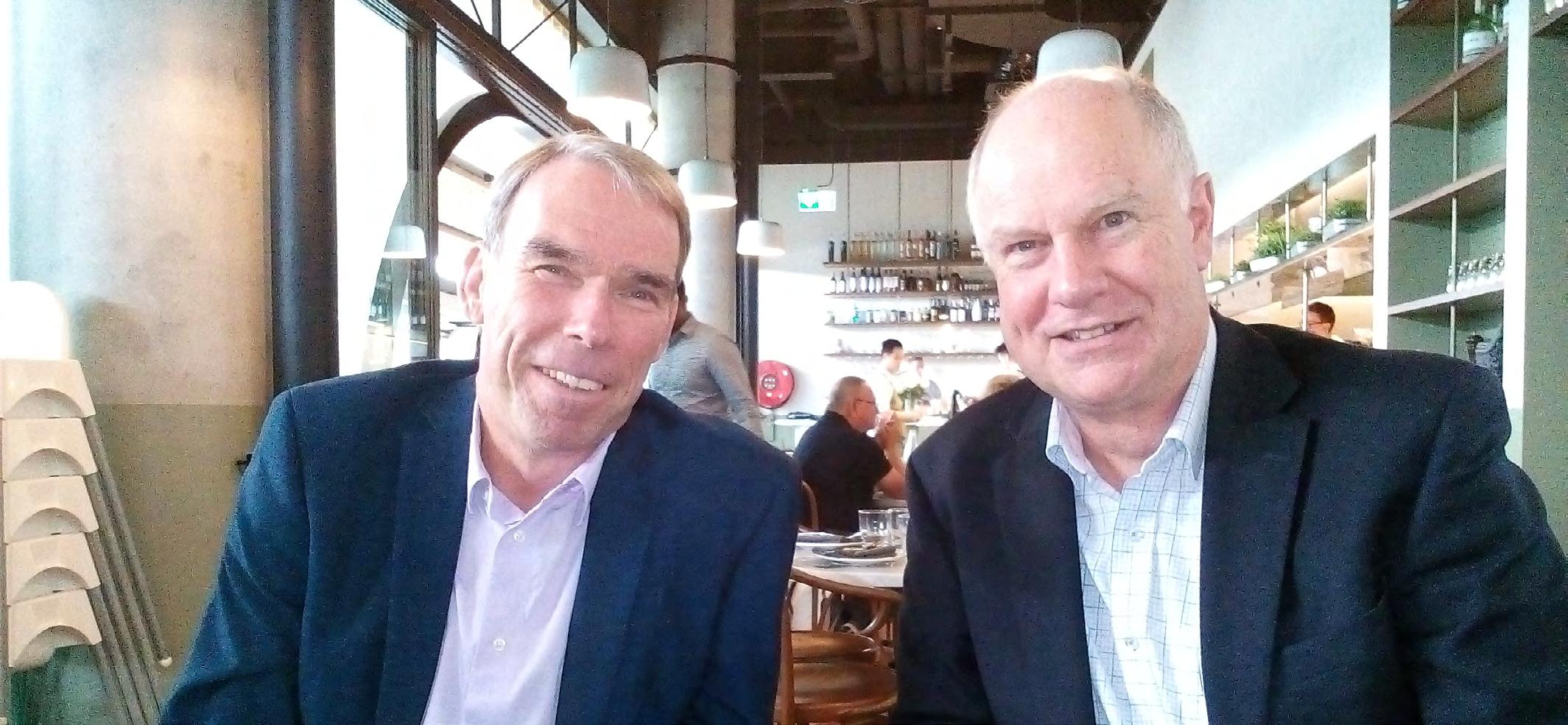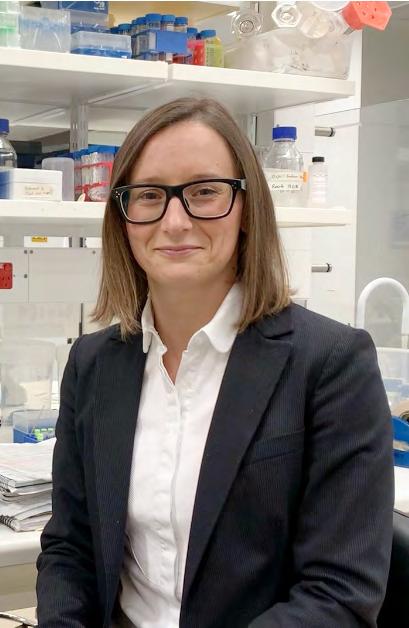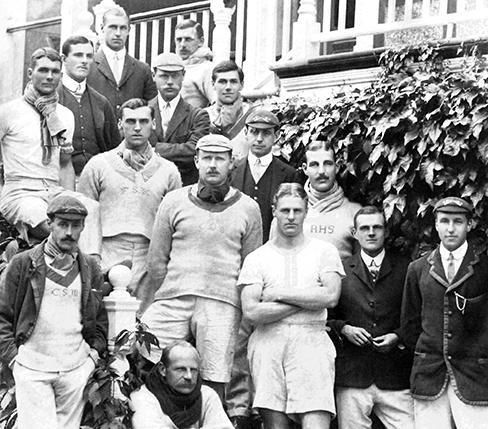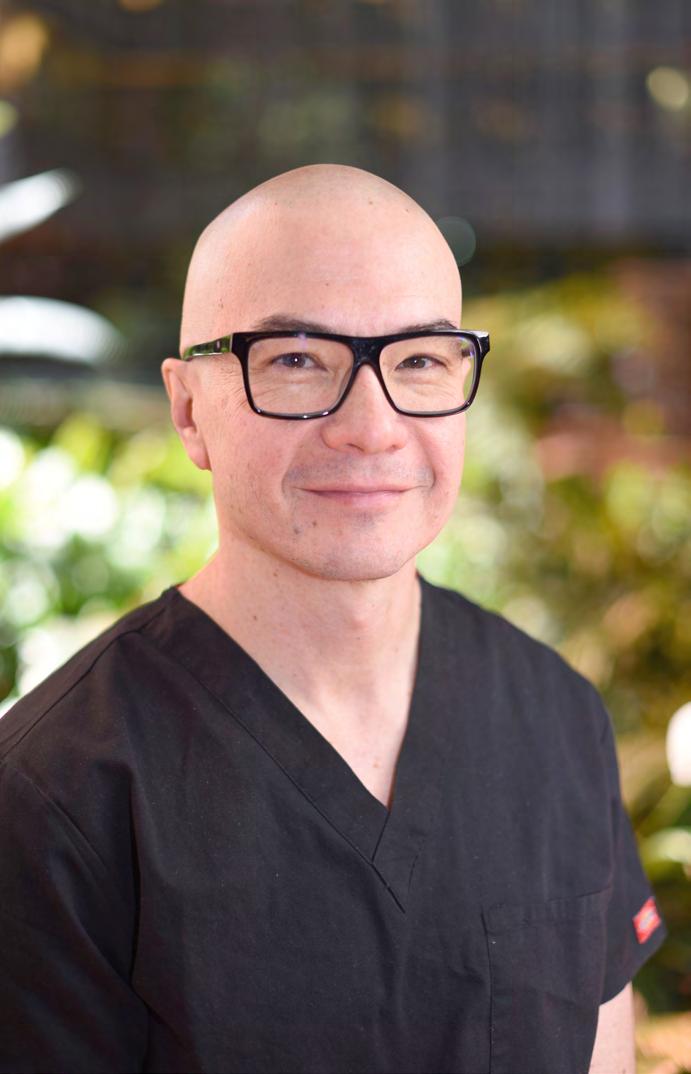
3 minute read
Richard Lander: the last word
In their lifetimes my grandparents and their parents witnessed the Second Industrial Revolution, the age of steam and the rise of science. In my lifetime, I have witnessed a technological revolution. At primary school I had a desk with an ink well into which I dipped a pen with a nib and by secondary school it was a biro. At secondary school I used a slide rule and log tables to solve complex maths problems. I saw the evolution of the calculator and the personal computer, and a man land on the moon. I watched television go from black and white to colour. In my career in Orthopaedic Surgery I have seen the evolution of plates and screws, intramedullary rods, complex external fixation, computerised navigation of joint replacements and the introduction of robotics into surgery. I now have the computing power of early NASA missions in my pocket. I have learnt to tweet and follow friends on Instagram and Facebook. My old filing cabinet is now on my computer. Instead of penning a letter I can email, Google search, Skype, Zoom and Facetime. In the College I have seen a progression of CEOs, presidents and councillors, each with their own ideas and ideology. The College is slowly evolving and continues to evolve, with its ups and downs along the way. In the last 42 years as a doctor, 30 years as a consultant surgeon and six years as the College’s Executive Director of Surgical Affairs in New Zealand, I have learnt four things that I think may be helpful for colleagues. First, plan your journey; second, enjoy your journey; third, develop the next generation; and fourth, recognise your own cognitive decline. My advice to my junior colleagues is that at the start of your career you should plan out a rough guide to where you want to be in 30 years. On your journey, when you come to the many crossroads, take the path that will challenge you and accept opportunities as they arise. As you travel your roads will change depending on circumstances, often beyond your control. Be accepting of change, it is called ‘evolution’. Develop what I would call your families. Your families are your spouse and children and their children, your work families, including both your national and international colleagues, and your local surgical teams, and your social families, friends and people outside your immediate family and work colleagues. Develop life balance with the families you choose. The best experiences have come from working in teams, and working in teams of enthusiastic, dedicated and talented people has been my greatest pleasure. Most of these people have been smarter than me. Develop values of respect, compassion and humility. Recognise when you become overwhelmingly physically and emotionally exhausted. Recognise when you are becoming cynical and detached from your work, and when you develop a sense of ineffectiveness and lack of accomplishment. It is time to move on when you overidentify with work to the exclusion of other activities. If your aim is perfection you will be disappointed, it is okay to accept less than perfect. Develop a positive attitude and protect time away from work. Sleep and eat well, discuss life with friends. Become curious and ask unscripted questions. Become mindful, listen to the birds singing and watch the grass growing. Admire the small things in life. See, smell, feel and listen. It is our vocation to develop talent and look for our own successor. Talent can come from any quarter so encourage diversity. We know from population studies that clones inbreed and mutate while diversity thrives. My advice to colleagues is at the age of 30, look to develop the younger generation while they are still at school. At the age of 40, develop those with a desire to learn, and at the age of 60, develop your junior colleagues because they will take your job and will care for you and your patients. Surgeon William Mayo (1861-1939) said, “Age carries mental scars left by experience which shortens vision, but age also carries wisdom.” Research shows that with age our mental faculties decline, particularly conceptual reasoning, memory and processing speed. The curves show a steady decline beginning in your 30s and 40s. It would
Advertisement


